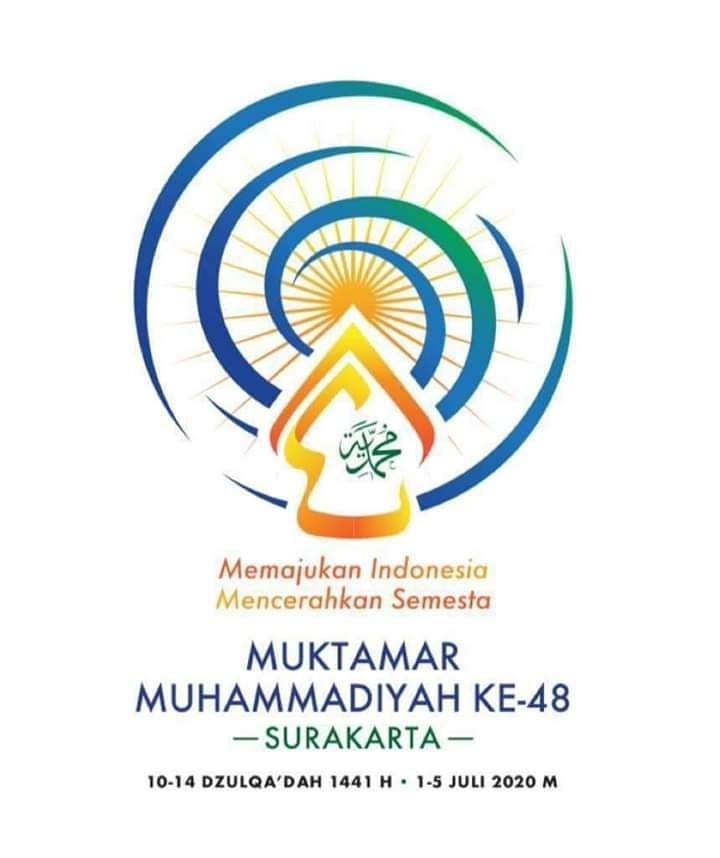Jakarta- The Director of Graduate School at State Islamic University (UIN) Syarif Hidayataullah Jakarta, Prof. Dr. Azyumardi Azra, greatly welcomes a National Hero title bestowed to Buya Hamka by the Republic of Indonesia on November 8, 2011.
When talking during a gratitude event on the national hero bestowal to Prof. Dr. Buya Hamka at UHAMKA (University of Muhammadiyah Prof. DR. HAMKA) auditorium in Jakarta on November 12, Azyumardi said Buya Hamka is a complete and complex figure in the ummah and Indonesia life. "Buya Hamka is a self-taught person who was active in various aspects of life starting from literature, education, dakwah, politic, and struggle against colonialism before and after independence, including the struggle to uphold the truth during Soekarno and Soeharto era," he said.
According to Azyumardi, Buya Hamka's ulema life and struggle follows his father's steps named Haji Abdul Karim Amrullah or Haji Rasul. Haji Rasul is a modern Islamic movement figure who was strongly against Dutch colonialism in the beginning of 20th century. Besides being against Dutch, he was also against 'seikerei' or bowing down to honour Tenno Heika Emperor. Due to his principle, Japan and Dutch put him in prison.
“Like father like son. That is Buya Hamka” said Azyumardi. In the middle of his intense involment in the field of literature, science and Islamic teaching, Buya Hamka was also actve in materializing his political activity and struggle.
According to Azyumardi, Buya Hamka's first involment in Sarekat Islam (SI) or 'Muslim Association' in Padangpanjang happened in 1925. Buya Hamka saw SI as strong social religious power in facing Dutch colonialism. Besides being active in SI, he also fought Dutch when becoming a Muhammadiyah consul in Medan and Makasar in 1936.
In his autobiography titled 'Kenang-Kenangan Hidup or Memory of Life (volume 4), Buya Hamka told his activity in guerrilla warfare in the juggle around Medan and West Sumatera. He became the crucial connector between ulemas and other fighting groups. His activity in national struggle from 1945-1949, according to Azyumardi kept increasing along with the revolution against the Dutch's coming to Indonesia for the second time. In 1947 Buya Hamka was appointed the Chairman of Barisan Pertahanan Nasional (National Defence Front), together with Rasuna Said. Besides, he was also appointed by Bung Hatta as the sectary of Front Pertahanan Nasional.
Buya Hamka's involment fpr Indonesia's independence continued. He formed Badan Pembela Negara dan Kota (BPNK) or 'City and Country Defence Body' which was the biggest guerrilla front in West Sumatera. Azyumardi said Buya Hamka's involvement for independence was based on main principle he kept. Buya Hamka believed national independence was a must in making and erecting self independence that was the main principle for every Muslim. According to Buya Hamka, self independence had to come from Tauhid (monotheism). National independence could be realized if Muslims had self independence based on Tauhid. Without it, national independence would break into pieces.
According to Azyumardi, Buya Hamka's struggle activity continued when he was elected as the member of Konstituante (Constitutional Assembly) through Masyumi party in general election 1955. Even though in the beginning he wanted an Islamic country for Indonesia, he then agreed to accept Pancasila as a national pillar and democracy as a political system in Indonesia.
During old regime, Buya Hamka was opposed to President Soekarno. Finally he was put in jail. Even though he was put in jail without trial, he kept struggling to deliver the truth. When new regime had power, he still kept his integrity tightly as an ulema. He was opposed to President Soeharto when releasing Christmas Fatwa which was disliked by the government. (www.uhamka.ac.id)
(trans by hamzah - uhamka)


